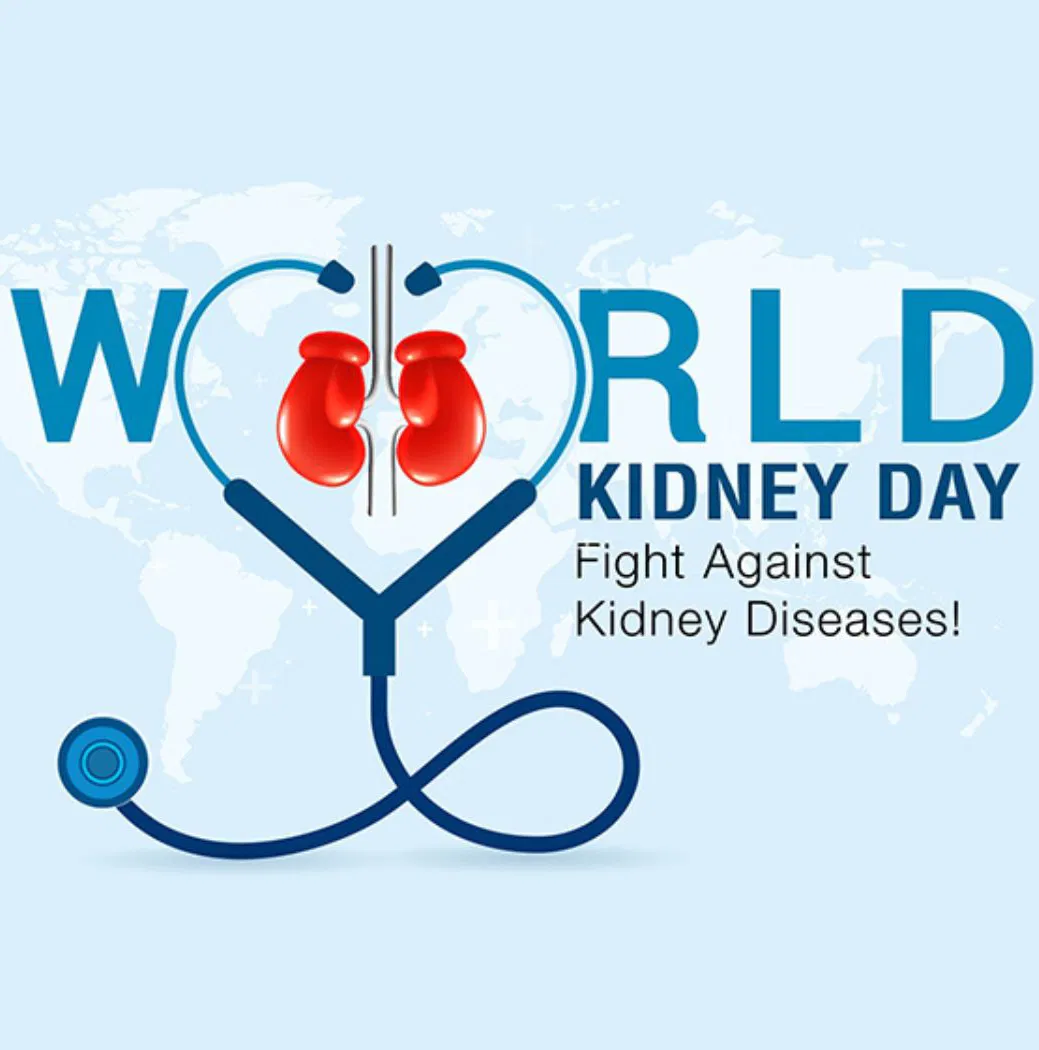
As the world marks World Kidney Day, a consultant physician and nephrologist, Dr. Tams Tamunobelema, has warned the public against the dangers of consuming herbal remedies, also known as “Agbo,” and using bleaching creams containing mercury, as they can lead to kidney disease.
Dr. Tamunobelema, who is also the head of the Renal Unit at the University of Port Harcourt Teaching Hospital (UPTH), stressed that although hypertension and HIV are major causes of kidney disease, consuming herbal remedies has exacerbated the risk of kidney disease.
He noted that the number of patients with kidney disease is alarmingly rising, and treatment options, such as dialysis and transplants, are often expensive and inaccessible to many.
Speaking to journalists on the significance of World Kidney Day, with the theme, “Are Your Kidneys Okay? Early Detection, Preventing Kidney Disease,” Dr. Tamunobelema explained that the International Society of Nephrologists sets aside the second Thursday of March every year to educate and enlighten the public about kidney health, highlighting the importance of early detection and prevention.
He said, “The number of patients with kidney disease is on an alarming rise. Treatment of kidney disease is basically doing dialysis and transplants for patients that can afford it.
“The body thought that creating adequate awareness and sensitising people on preventive risk factors that cause kidney disease is very key so that you don’t get to the point of dialysis and eventually transplant.”
To combat this, Dr. Tamunobelema noted that the UPTH Renal Unit organized a free screening and health talk program at Emmanuel Anglican Church in Rumuokoro, aimed at educating the public on early detection, prevention, and awareness of kidney disease.
He added that the program screened the church population and surrounding community for early detection of kidney disease and risk factors, such as diabetes and hypertension.
Dr. Tamunobelema said that early detection is crucial in managing kidney disease, and prompt action can prevent further complications.
He advised the public to abstain from using bleaching creams and consuming herbal remedies, which can have devastating effects on kidney health.
He noted that the government can play a crucial role in making kidney transplants and donations more readily available by creating appropriate laws and policies.
He added that the Nigerian government is working to make kidney transplants more accessible to its citizens.
He called for collaboration between the Nigerian Society of Nephrologists and the Federal Ministry of Health to establish guidelines for kidney donation.
This move, he said, aims to address the ethical issues surrounding organ donation and make the process more transparent and efficient.
Dr. Tamunobelema stressed that government policies can help increase kidney donations, which is essential to meet the growing demand for transplants.
